Last week we got to have a nice, long chat with Mark Sassenrath, the lead designer for the Shurima block in Legends of Runeterra. With the new set Guardians of the Ancient releasing today, we decided to interview Mark about the set design process, including developing keywords.
We particularly emphasize the keyword ability, Blade Dance, in our discussion.
Dancing with what?
PCI: What is the new keyword and what does it do?
Sassenrath: It’s called Blade Dance, and it’s a new mechanic for the Irelia group of cards — an Ionian keyword. It isn’t a proper keyword like Overwhelm, but a keyword action like Predict. It summons blade tokens that do free attacks like the Cataclysm. So, if I have a card that says “Blade Dance 2,” it will create an attack row with two blades in it. It is made for aggressive combo plays and goes with effects that happen when you summon or attack.
A lot of Ionian, Shurima, and Bilgewater cards also trigger off of those actions, like with Azir, as each blade will summon a Sand Soldier. The deck tends to run pretty fast and compound those advantages. It wants to end the game quickly because it doesn’t have a lot of card draw or advantage.
PCI: Will there be other cards in this new set specifically to support Blade Dance?
Sassenrath: There will be some. Ionia will have a card package with some Blade Dancers and cards that pair with them. But a lot of the cards that pair with it have already been released. One of the strongest combos with Irelia is Azir. If you want to play Azir really aggressively, then he pairs great with Irelia.
PCI: So it is less support for a specific keyword, and more just general support for things that pair with it naturally?
Sassenrath: Yeah, there are some cards that have effects like “when you Blade Dance,” but it is mostly effects like “when you summon an ally” or “when you attack” that work with it. When you get to about turns three to five, it just goes bonkers and can do it a lot. Your first turn or two will be a lot of setup, like with Azir. But once you get those setup pieces in the first couple of turns, you can attack multiple times per turn, even on defensive turns.
Strike fast, strike often
PCI: So, since this keyword works with so many abilities that already exist, what was done in regards to future proofing? Since they work with so many already existing, generic effects. Was there any concern about that?
Sassenrath: In this case I think a lot of the pieces that pair really well with it already worked well together. Like, Greenglade Duo is the powerhouse of the deck, and I don’t know if we’ll ever print something that is already better than that *laughs*. We can’t future proof everything of course, but to me this wasn’t one where we were going to build a very specific pair of mechanics and hope nothing else would ever enter this ecosystem. We were working off with what already seemed like pretty strong hooks that already existed. Hopefully that represents a space that won’t power creep too much but we’ll see *laughs*.
PCI: Plus, since it’s a digital card game, it’s probably a lot easier to make changes on the fly when some unexpected interaction pops up.
Sassenrath: Right, yeah. We do a lot of live balancing so when things release too strong, or things get stronger overtime, we can do something about it.
Bringing new Guardians of the Ancient keywords to life
PCI: So, what is the normal process when you start developing a new keyword?
Sassenrath: I think in general for most of the design process, we tend to not really think in terms of keywords as much as others may expect. We tend to be working in things like themes, major mechanics, and patterns. Often we won’t even decide whether a mechanic gets a keyword until late in development. That’s not always true but it is in a lot of cases. For example, with the Scars card in the first set, those could have gotten a keyword but didn’t. But something like Deep did. A lot of the reasons are that there are pros and cons for something becoming a keyword. It is a new thing for players to learn, but once they do, it becomes a reusable concept and a hook we can reference in other places.
For a lot of these keywords, it isn’t clear while we’re working on them what they will end up like. They may be a self contained keyword, a trigger with a custom output, or not a keyword at all. For a lot of the mechanics we do, it is either going to be that we want to express a major set theme, champion theme, or facilitate a specific pairing we thought would be cool. When it came to Blade Dance in particular, compared to most keywords, that was one that was mostly top down. In the sense that we wanted to represent Irelia’s Blade Dance thematically. But it was also bottom up mechanical in the sense that we wanted to find some fun thing that Irelia could do when paired with Shurima.
Sassenrath: When we introduce a new faction we want to build some hooks for players so that every possible pairing has at least something to work with. So, when we were working on Irelia, a lot of it was about her skillful martial prowess and how we could express it. That went through a variety of stages. One of the early ones involved the attack trigger that would work like “attack: effect.” That ended up being too complicated and led to a lot of that evergreen, future-proofing risk space since that is such a common trigger. So we went back to the drawing board after exploring that for a little bit.
At some point fairly early on Azir’s line of text got settled fairly early in the card file and we thought we could do something in that space with cards that have triggers on summon like Sand Soldiers and Greenglade Duo. Irelia being a minion master felt a bit weird, but we thought there’d be a version of it where it worked. Since the Blades are even less than ephemeral, they are barely units. They exist only to attack and then vanish. So leaning into that was more thematic, and more expressive of a martial warrior who wields weapons. The overall card package is about taking these pieces that Shurima and Ionia can bring to a minion master type deck, and make that feel more aggressive with waves and waves of barrages.
PCI: So, you would say it is less that the keyword influences the character, than the character influences the keyword.
Sassenrath: Yeah, I would say we were basically trying to do two things. We wanted to capture Irelia’s blade dancing thematically and we wanted that to be something that would be useful for pairing Ionia and Shurima. Hopefully it works well.
Less wibbly, more wobbly
PCI: Are there any keywords or abilities that were left on the Guardians of the Ancient cutting room floor? Maybe they were too powerful in testing or ended up too silly?
Sassenrath: When we explore mechanics early in set development it is fairly normal for a lot of them to not make it far. If you said the hit rate was 50% or less, that wouldn’t surprise me. There are others that we ended up using, but not enough to make it an entire keyword. For example, at one stage Geomancy was a keyword. You can still see remnants of that because some cards specifically reference Landmarks that still stuck around. But we found that we weren’t using them enough, and the keyword wasn’t carrying enough weight to make it worthwhile. So we ended up “de-keywording” it basically.
There are a lot of similar examples. There used to be a keyword for Zilian units that would give you a reward if the ordering of cards in your deck changed. Which obviously paired really well with effects like Predict. But it also paired with cards like Counterfeit Copies, because that was technically changing the order of cards in your deck. Really any form of deck manipulation triggered the ability. The keyword eventually iterated towards a space resembling something like “when you manipulate the order of cards in your deck, give me +1/+0”. Coming after Augment that felt too similar.
Also, with the time manipulation mechanic that we were trying to achieve with Predict, we were hoping for something that felt more like time magic than just “give me +1/+0”. Which fits something like Augment much more, which is a metaphor for self-improvement. More than something for a character like Zilian, or one of his scientists. Deck manipulation mattering in other ways more than just a generic stat bonus was more interesting to us. So most of the Predict rewards you see in the Shurima expansion tend to be more quirky like “when you see me in a Predict”.
PCI: I agree, Predict makes much more sense thematically as it currently is. It fits more with the “pick your fate” theme going on with the set and characters involved.
Sassenrath: Yeah, and you’ll see other things in the next drop that reward you for manipulating your deck, but I won’t spoil too much.

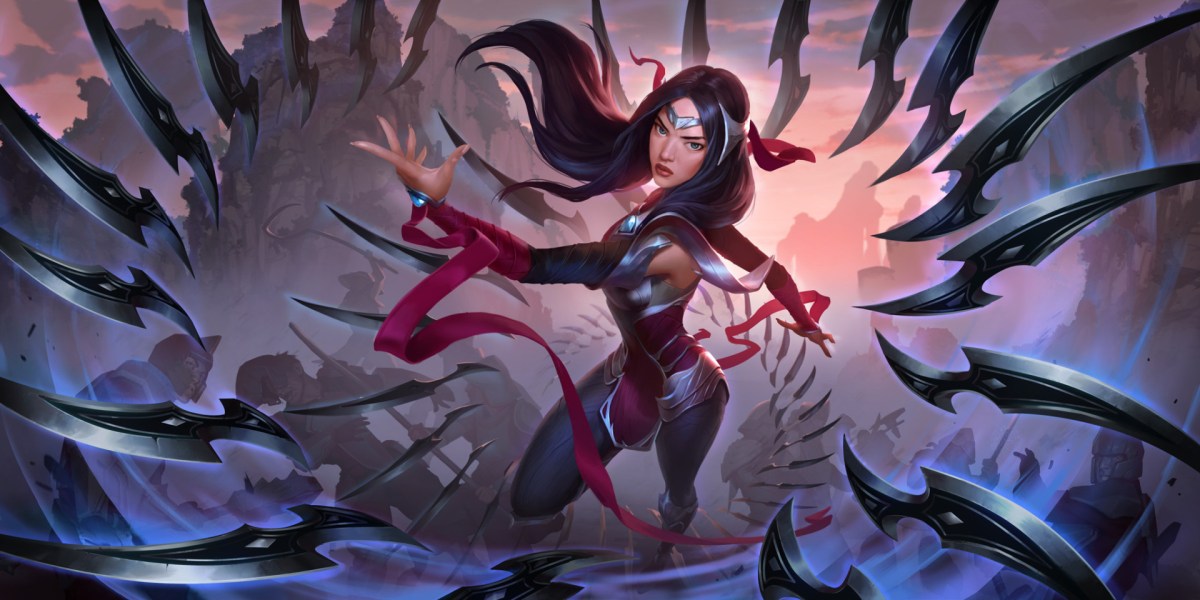
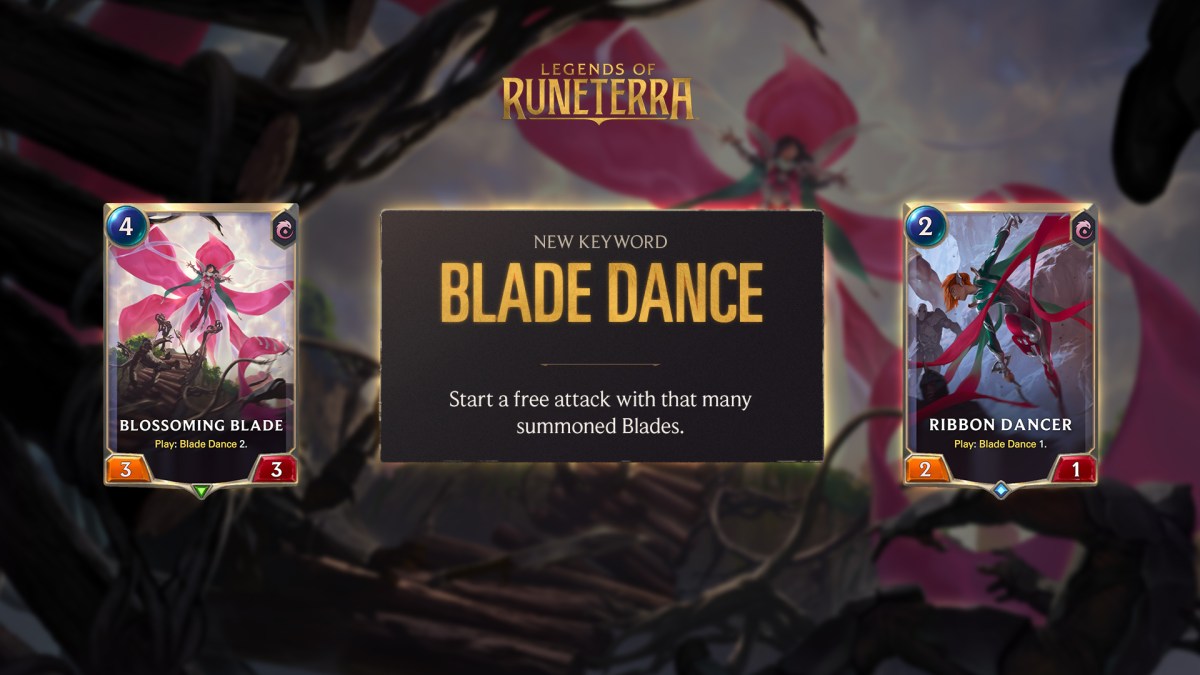



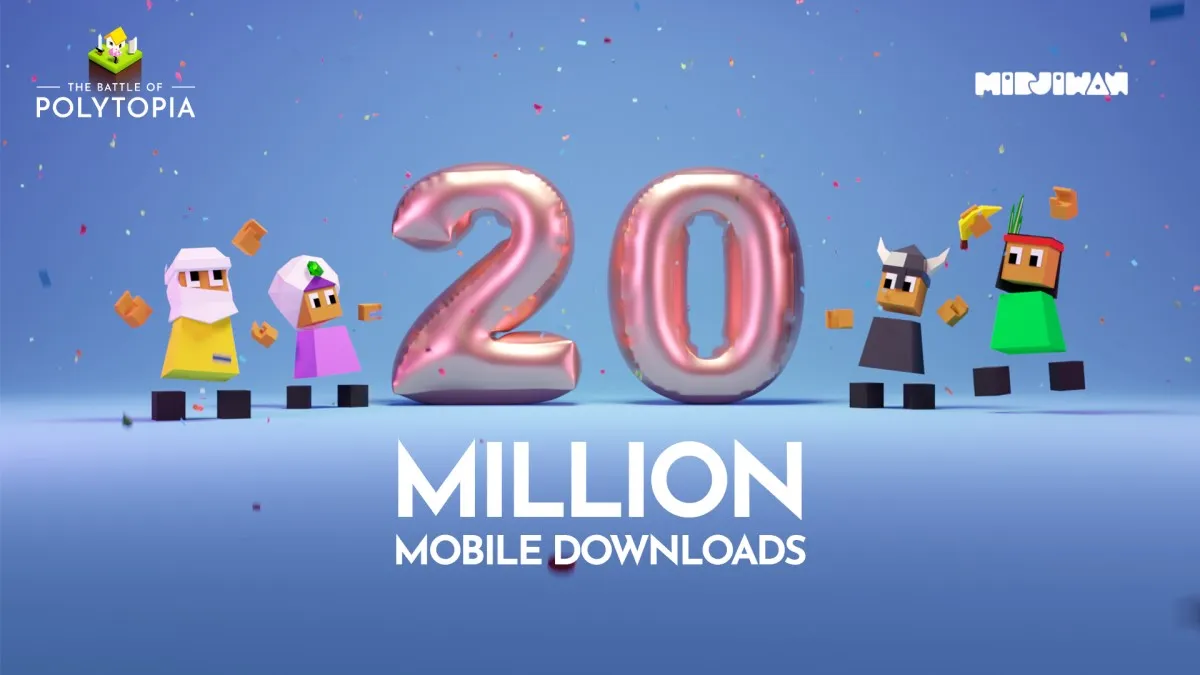

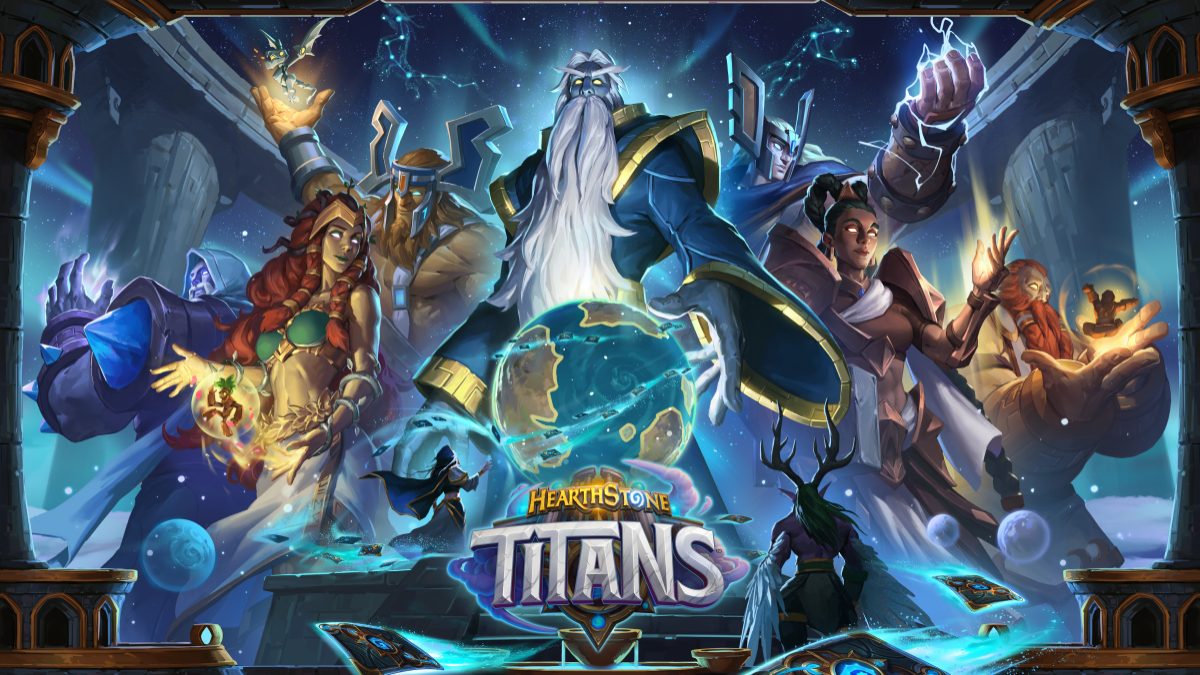

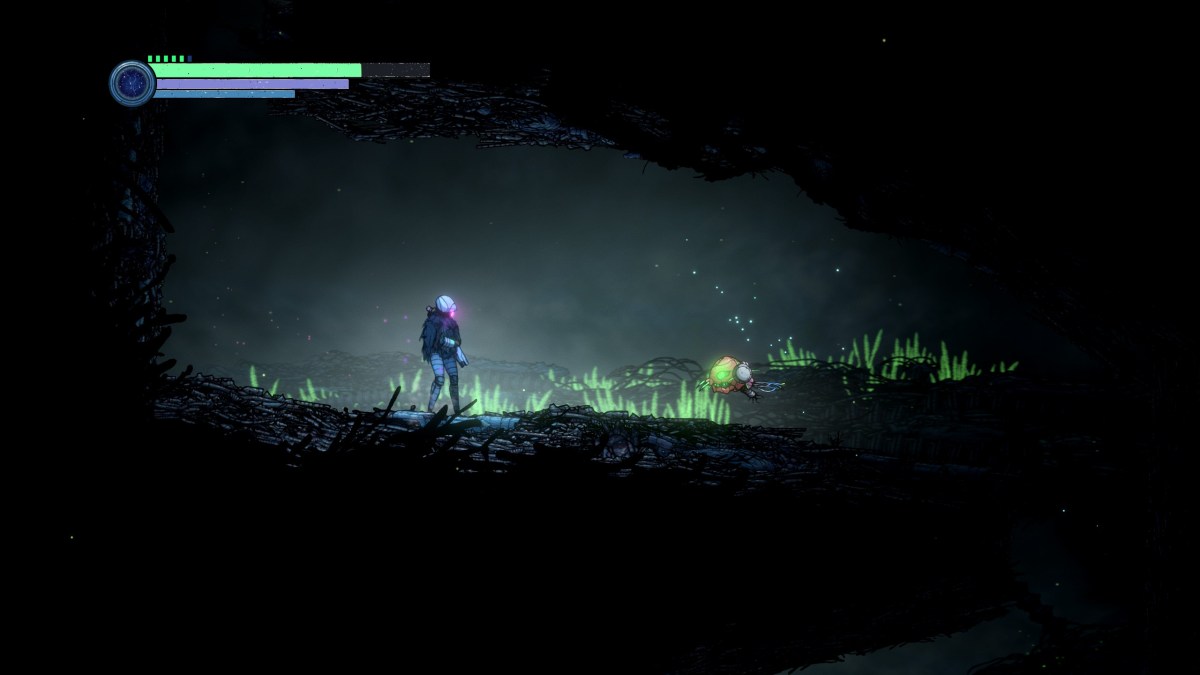
Published: May 6, 2021 1:30 AM UTC